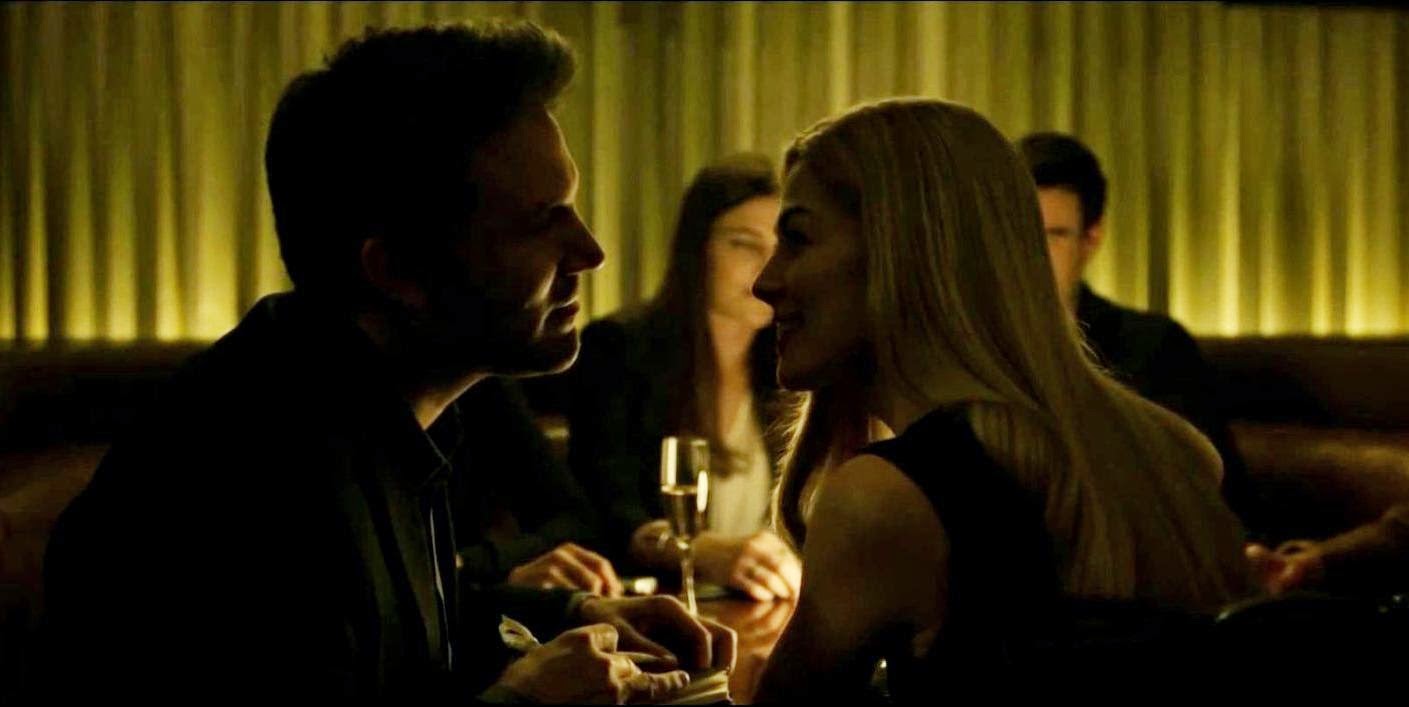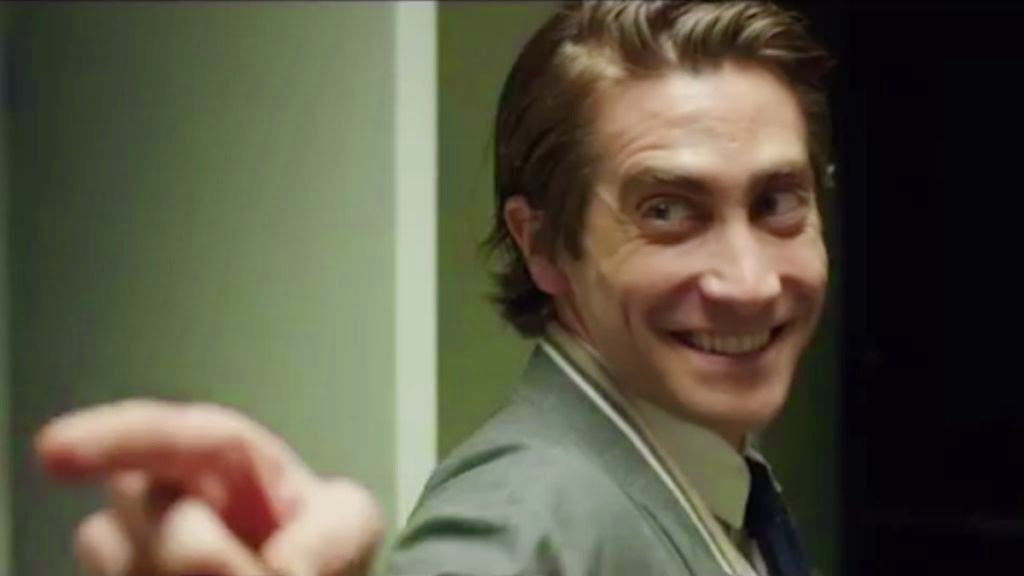 |
| Fox Searchlight |
Another year, another overlong Oscar ceremony comes to a close. The even longer and more exhausting awards season, which feels like it's starting earlier and earlier ever year, resulted in the crowning of Birdman Or (The Unexpected Virtue of Ignorance). Yes, that's the full title. The showbiz satire was awarded with four Oscars at Sunday night's ceremony: Best Director, Best Original Screenplay, Best Cinematography and most important of all, Best Picture. For director Alejandro G. Iñárritu, this film is an answer to what many have been feeling for a long time now about the sudden proliferation of generic superhero blockbusters in the movie industry. He has said in interviews (and in the film itself) that such popcorn movies are "cultural genocide" peddled out to masses because the industry knows we'll lap it up.
To a certain extent, Iñárritu is right in that more and more superhero movies are announced every year, with Marvel and DC now devoting huge press conferences to reveal titles of movies that won't come out for the next 5-10 years. They have become more transparently business-like, now having more in common with Apple or Microsoft announcing their latest models and release dates in a clinical manner. What goes unsaid is their belief that these types of formulaic movies will never grow tiring to the public, who will keep consuming them like a bottle of beer Friday night at the end of a long work week. They take the edge off. They're relaxing, easy to take in. These movies can be dazzling and a good escapist way to spend two hours, but they usually don't last with you. There's nothing to think about at the end so it usually escapes your mind. Ambiguity is often absent, with most characters being good or bad with hardly a shade of grey in the mix.
Those movies are about finding extraordinary in the extraordinary. Audiences, at least average moviegoers, do not want to see the extraordinary in the ordinary. This is ultimately what Boyhood is and what it represents. Filmed over the course of 12 years, Boyhood received massive critical acclaim and plenty of award attention leading up to the Oscars. It was touted as the frontrunner for several months, until Birdman's final surge took hold at the industry's guild awards. The film does not have traditionally big moments, choosing to instead celebrate the ordinary days in life where nothing feels particularly extraordinary yet ultimately say so much about a person's identity and how they become who they are. It is the ultimate coming of age story about a boy in a sleepy town in Texas who may not turn into anyone particularly special, but that doesn't make his life any less fascinating. Needless to say, the film has its fair share of detractors from the general public who whine that "nothing happened" and miss the point entirely.
For members of the Academy of Motion Pictures Arts and Sciences, who vote on the Oscars, a majority found Birdman to be the better film. Many of its ardent supporters will claim that voters saw what they saw and they simply voted for the best film in the bunch. However, it is hard to ignore certain factors that undoubtedly came in to play in Birdman's victory over Boyhood. Firstly, it's about them. The average voter in the Academy is a while male over the age of 60 who has worked in the film industry, and is probably retired. The politics that Birdman espouses, which include lamenting the influx of superhero flicks and the disappearance of great art, are exactly in line with these voters and what they think. As the old adage goes, "they don't make 'em like they used to!" Second, it's loud. The subtle brilliance of Boyhood is simply harder to explain or translate to some people, while Birdman has a discrete message that it is more than proud to shout it in your face. These two factors put together were simply an unbeatable combination, to the extent that I shouldn't have been surprised at all that they gave it Best Picture.
Over the past four years, the Oscars have had a real identity crisis. They want to award great art but they also want to include movies with more mass appeal to keep regular folk interested. They voted to expand the Best Picture lineup after The Dark Knight was not nominated in 2008, allowing more popular movies to enter the category. This has worked in some cases and not at all in others, with this year being a prime example of the latter. However, an interesting pattern has emerged since 2011. They have begun to fall in love with movies about themselves. This pattern kicked off with The Artist, a movie about a silent film star grappling with the invention of the "talkies," at which point the business would change forever. Then in 2012 it was the year of Argo, a movie in which Hollywood literally solves terrorism. They then took a break last year to reward 12 Years a Slave, probably because there weren't any Hollywood allegories in the mix. But now here we are with Birdman, a film that acts not only as a mirror to the frustrated artist working in showbiz, but a mirror that enhances their features and tells them that what they do is important. What they do matters. Don't give up on your art, man.
Awarding Birdman with Best Picture also serves as a statement. These voters are saying that they're sick of all the comic book movies and that art, real art, should be what's most important above all else. Birdman is an original film with an innovative concept, but why was it rewarded over Boyhood, whose concept is perhaps just as daring and unique? What these voters might be afraid to admit (or not conscious of to begin with) is that this movie simply gave them what they wanted. What the Academy voters wanted was for a fellow artist to come along and reassure their beliefs. Many struggling artists in the industry have similar thoughts about the aforementioned "cultural genocide" that is superhero sequels and big empty blockbusters, because they're just giving the public what they want, with no substance. No unique viewpoints, no subtlety. But ultimately, Birdman is just as much fan service as any blockbuster you'll find out there. It just has a fancier label and it's catering to a more upscale market.
Want to win an Oscar? Make a movie about Hollywood. In a world that has become so niche-oriented, with people only surrounding themselves with those who think similar to them, it is no wonder that voters like to see themselves in all their artistic glory on the big screen. These starving artists who feel increasingly isolated as the world rejects their ideas have found their representation in the form of Birdman. And yet Boyhood, the unique little indie that could, coming in with a perfect score of 100 on Metacritic and presented in an innovative package, goes home with just one award, for Best Supporting Actress Patricia Arquette. Is Birdman really the anti-superhero movie or is it Boyhood, with a shoestring budget and no marquee stars in sight?
There is a scene in the middle of Birdman in which Riggan Thomson (Michael Keaton) says a line that perfectly sums up the movie and its ultimate message:
"Listen to me. I'm trying to do something important."
It remains to be seen if Birdman will hold up over the course of time or if Boyhood will be remembered as the film that should have won Best Picture but didn't - kind of like The Social Network losing to The King's Speech or Brokeback Mountain losing to Crash. For the time being though, Birdman's victory at the Oscars is reflective of a self-obsessed world full of people yelling the same empty ideas into their own echo chambers, entirely ignorant of the real beauty existing just outside their bubble.

























